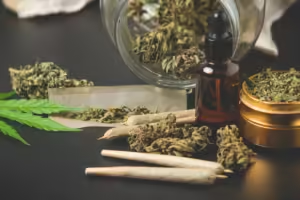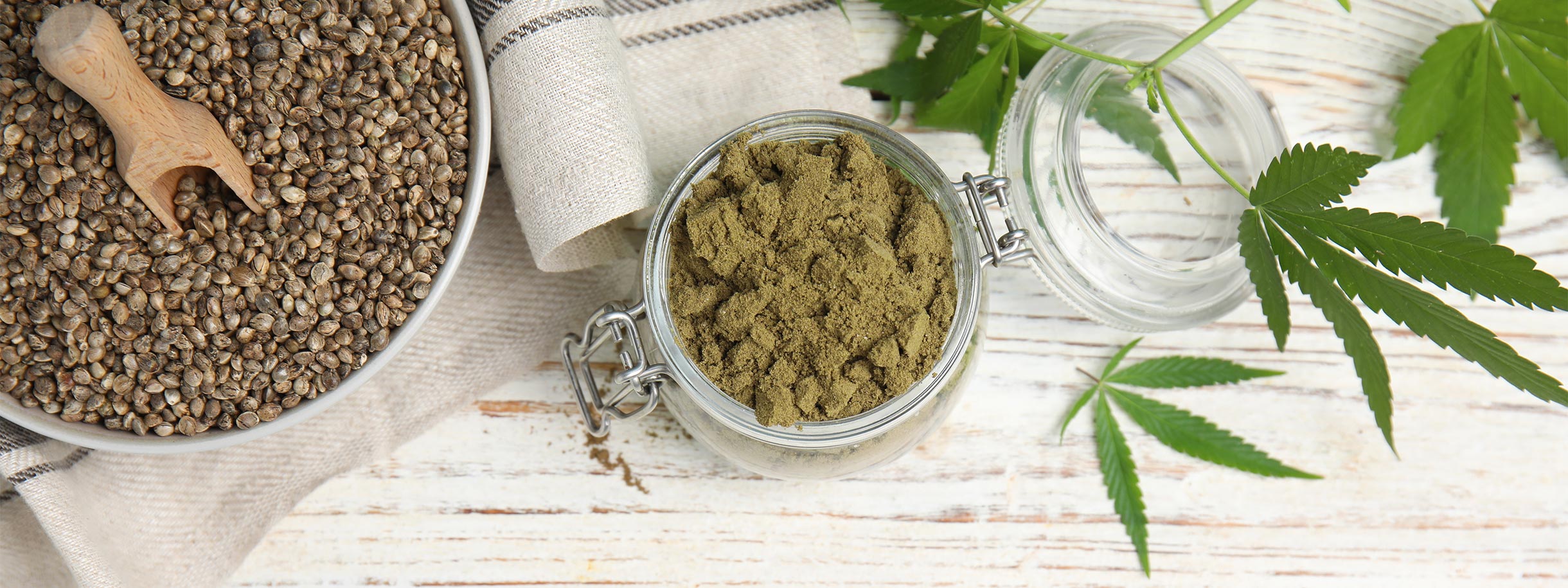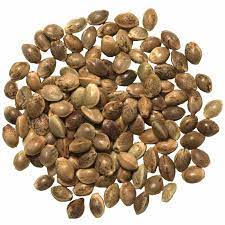Cannabis has become a topic of increasing interest and research in the field of mental health. As more people turn to cannabis for its potential therapeutic effects, it’s essential to understand both the benefits and risks associated with its use. This comprehensive guide explores how cannabis affects mental health, the conditions it may help, and the considerations for safe and effective use.
Understanding Cannabis and Its Components
Cannabis contains over 100 cannabinoids, with the most well-known being tetrahydrocannabinol (THC) and cannabidiol (CBD). These compounds interact with the endocannabinoid system (ECS), which plays a critical role in regulating mood, stress, and overall mental health.

- THC: The psychoactive component of cannabis, responsible for the “high” sensation. It can influence mood and perception.
- CBD: A non-psychoactive cannabinoid known for its calming and anti-inflammatory properties. It is often used to mitigate anxiety and stress without causing a high.
Potential Benefits of Cannabis for Mental Health
- Anxiety Relief
- CBD: Studies have shown that CBD can reduce anxiety levels in various situations, including social anxiety disorder, generalized anxiety disorder, and PTSD. It interacts with serotonin receptors, which play a key role in mood and anxiety regulation.
- THC: In low doses, THC can also help reduce anxiety. However, higher doses may increase anxiety and paranoia, particularly in individuals prone to anxiety disorders.
- Depression Management
- Endocannabinoid System: The ECS is involved in regulating mood and emotional responses. By modulating ECS activity, cannabinoids like CBD can potentially help alleviate symptoms of depression.
- Neurogenesis: Some research suggests that cannabinoids may promote neurogenesis (the growth of new neurons) in the hippocampus, a brain region associated with mood and memory.
- PTSD Treatment
- Symptom Reduction: Cannabis has been found to reduce PTSD symptoms, including flashbacks, nightmares, and hypervigilance. Both THC and CBD play roles in this therapeutic effect.
- Endocannabinoid Deficiency: PTSD patients often have an endocannabinoid deficiency. Supplementing with cannabinoids can help restore balance and alleviate symptoms.
- Stress Reduction
- Relaxation and Calm: Cannabis, particularly CBD, can promote relaxation and reduce stress. This effect is beneficial for individuals dealing with chronic stress and its negative impact on mental health.
- Sleep Improvement
- Insomnia Relief: Cannabis can help improve sleep quality and duration. Indica strains and CBD are particularly effective in promoting restful sleep, which is crucial for mental health.
Risks and Considerations
While cannabis has potential mental health benefits, it also carries risks, particularly with improper use or in certain populations.
- Risk of Psychosis
- THC and Psychosis: High doses of THC can trigger psychotic episodes, especially in individuals with a predisposition to mental health disorders like schizophrenia. Those with a family history of psychosis should exercise caution when using cannabis.
- Anxiety and Paranoia
- Dose-Dependent Effects: While low doses of THC can reduce anxiety, high doses can cause heightened anxiety and paranoia. Finding the right dosage and strain is crucial to avoid adverse effects.
- Dependency and Abuse
- Potential for Abuse: Regular and heavy use of cannabis can lead to dependency and abuse, negatively affecting mental health and overall well-being. It’s essential to use cannabis responsibly and under guidance if needed.
- Interaction with Other Medications
- Consult Healthcare Providers: Cannabis can interact with other medications, potentially altering their effectiveness. Always consult with a healthcare provider before combining cannabis with other treatments.
Choosing the Right Cannabis Product for Mental Health
Selecting the appropriate cannabis product is vital for maximizing benefits and minimizing risks.
- CBD-Rich Products
- Anxiety and Stress: For those primarily seeking anxiety and stress relief, CBD-rich products are recommended. They provide calming effects without the psychoactive high of THC.
- Balanced THC/CBD Products
- Mood Enhancement: Products with balanced THC and CBD ratios can offer mood enhancement and relaxation while minimizing the risk of anxiety and paranoia.
- Low-THC Strains
- Avoiding Adverse Effects: If using THC, opt for strains with lower THC content to avoid potential anxiety and psychosis. Start with low doses and gradually increase as needed.
- Delivery Methods
- Inhalation: Provides quick relief but can have short-lived effects. Suitable for acute anxiety or stress episodes.
- Oral Consumption: Offers longer-lasting effects and is ideal for chronic conditions. Be mindful of dosage, as edibles can be potent and take time to take effect.
- Topicals: Useful for localized relief without systemic effects. Ideal for those who wish to avoid psychoactive effects altogether.
Safe and Effective Use of Cannabis for Mental Health
- Consult a Professional
- Medical Guidance: Always consult with a healthcare provider or a mental health professional before starting cannabis for mental health purposes. They can provide personalized recommendations and monitor your progress.
- Start Low, Go Slow
- Titration: Begin with a low dose and gradually increase until you find the optimal dose that provides relief without adverse effects.
- Monitor Effects
- Track Symptoms: Keep a journal of your cannabis use, noting the strains, doses, and effects on your mental health symptoms. This practice can help identify what works best for you.
- Legal Considerations
- Regulations: Be aware of the legal status of cannabis in your region. Ensure you obtain cannabis from reputable sources to avoid contaminants and ensure quality.
Conclusion
Cannabis holds significant potential for managing various mental health conditions, including anxiety, depression, PTSD, and stress. However, it’s essential to approach its use with caution and under professional guidance to maximize benefits and minimize risks. By understanding the science behind cannabis and its effects on mental health, you can make informed decisions about incorporating it into your wellness routine.
At BabaGanja.com, we are dedicated to providing the latest information and resources on cannabis. Explore our site for more guides, product reviews, and tips to enhance your cannabis experience for better mental health.
Photo Courtesy : www.healthyplace.com



